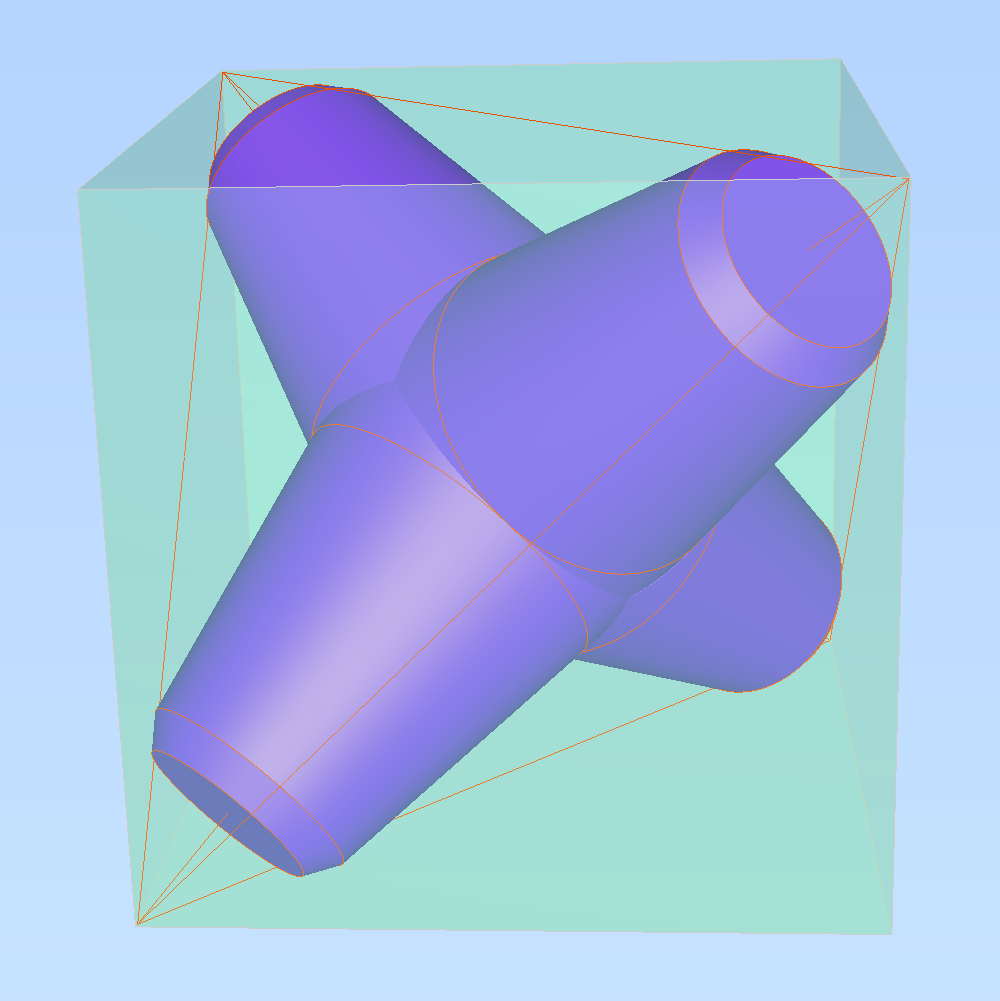12.1M RPS on an AMD Ryzen 5 1600, 52x Faster than Go, and a fully-compliant parser
Glauco Pacheco · May 13, 2025 · 915 words · 5 minute read
Hi, I’m the developer of Kourier, the fastest server on Earth, and in this post, I benchmark Kourier’s performance against Rust/Hyper and Go/http.
Kourier is open source, and all the assets used on the benchmarks are publicly available and container-based, ensuring you can reproduce the results on your local machine quickly and easily. You can find all of them in the Kourier repository.
The results show that Kourier is a performance powerhouse, capable of processing 12.1 million HTTP requests per second on an AMD Ryzen 5 1600, an 8-year-old mid-range processor, using only half of its cores (wrk uses the other half). The results set a new standard for HTTP servers, leaving the highest-performing frameworks in the dust.
I use an approach based on TechEmpower’s plaintext benchmark. “Hello World” HTTP benchmarks are relevant because a lot of code is exercised between receiving a network data payload and calling a registered HTTP handler, and it is that code that I want to benchmark.
Although Kourier is truly a wonder of software engineering and delivers never-before-seen performance, many frameworks sacrifice HTTP conformance to be faster. In another post, I show that Kourier is much more HTTP syntax-compliant than Rust/Hyper and Go/http.
I also benchmarked, in another post, the memory consumption when the servers are put under high load, where I show that Kourier consumes 4.7x less memory than Rust/Hyper and 7.7x less memory than Go/http.
All Docker images used in this benchmark can be easily built using the build script contained in Kourier’s repository.
I start the servers with the following commands:
I use wrk to load the server. As I do not want to benchmark the network, I run the benchmarks over the localhost and split the available cores evenly between the servers and wrk. I use the following command to make wrk use 512 connections over six threads during 15 seconds to load the server with pipelined requests:
I set timers to exercise as much framework code as possible in the benchmark. On Kourier, I set request and idle timers; on Rust (Hyper), I set timers only for requests; on Go (net/http), I set request, idle, and write timers, as you can see on Kourier’s repository (all benchmark code is available at the Src/Tests/Resources/Benchmarks folder).
Kourier is the next level of network-based communication. It is on another league regarding performance, compliance, and memory consumption. Kourier leaves everything else in the dust, including enterprise network appliances.
Creating the fastest server ever requires much more than a stellar HTTP parser. From ring buffers to socket programming, to a custom timer implementation. I implemented it all and open-sourced all of it alongside Kourier.
I developed Kourier with strict and demanding requirements, where all possible behaviours are comprehensively verified in specifications written in the Gherkin style. To this end, I created Spectator, a test framework that I also open-sourced with Kourier. You can check all files ending in spec.cpp in the Kourier repository to see how meticulously tested Kourier is. There is a stark difference in testing rigor between Kourier and other frameworks.
Kourier can empower the next generation of network appliances/solutions, making businesses that rely on them run at a fraction of their infrastructure cost and in a much more HTTP-compliant way.
You can contact me if your Business is not compatible with the requirements of the AGPL and you want to license Kourier under alternative terms.
.png)



